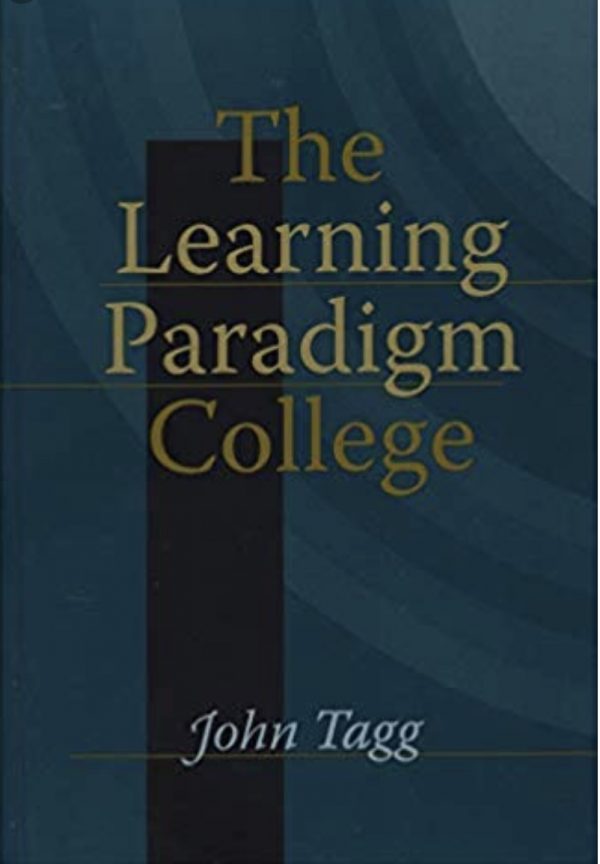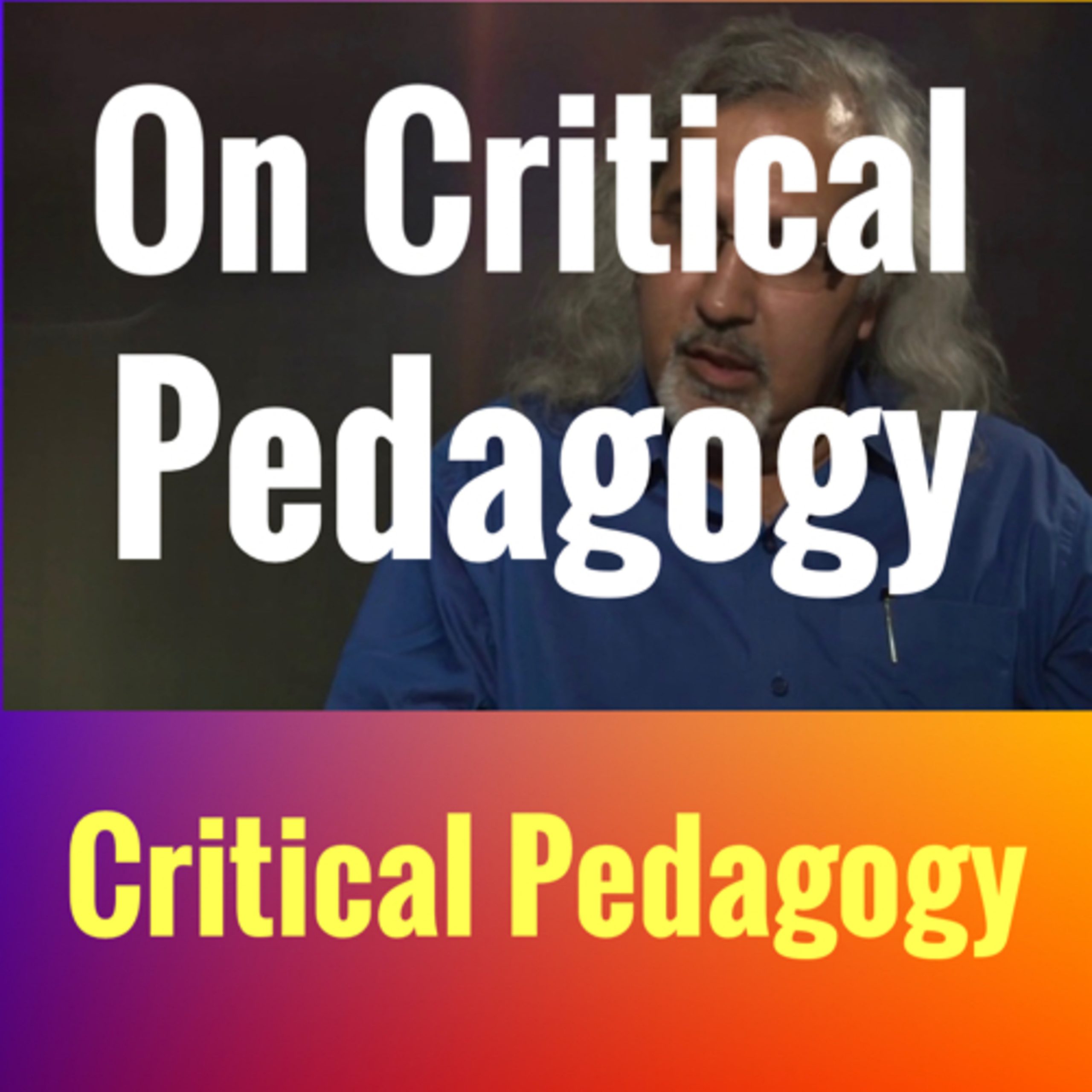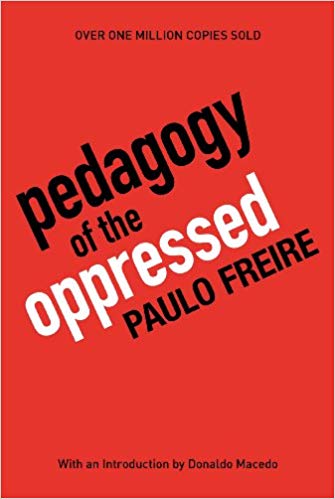A few years ago, some of my senior colleagues at Kent State University decided to start a pedagogy discussion group. Almost all of us in the group were heavily invested in social justice pedagogy and generally believed that a well-informed humanistic education can be instrumental in enabling more compassionate and caring human subjectivities.
We chose John Tagg’s The Learning Paradigm College as our first book for discussion. It has been years since I read the book, but some of it’s important suggestions and claims have stayed with me and have often informed my pedagogical practices.
Teaching Vs Learning Paradigm
Tagg distinguishes between two dominant paradigms: Teaching and Learning. For him, I would say in the same tradition as Freire, the teaching paradigm involves the coverage model, in which the teacher imparts knowledge to a passive body of students and emphasis is on covering the syllabus. The students are required to master the knowledge so imparted and are supposed to reproduce it in exams or tests. While this method is convenient for teachers, they only have to cover the syllabus, it trains the students only in learning under direction and does not encourage independent or critical thinking. According to Tagg, most US colleges and the K-12 system are teaching heavy and are organized under the teaching paradigm model.
The Learning Paradigm takes the students as active learners in class and assumes that learning is a continuous process. In this Paradigm the teacher encourages critical thinking and students, instead of just learning the subject matter, also learn how to learn. This method of teaching is more likely to produce students who understand things better and are capable of learning on their own as life-time learners.
Types of Learners
Another thing I recall from the book, and it has been useful in my own teaching, is the way Tagg discusses different types of student learners. Of course, Tagg uses empirical research by other scholars in his discussion of learning, but his point is that if we knew what kind of students we are dealing with, we can make their learning even better.
There are generally two kinds of students in any given classroom: Those who believe learning to be a a process and whose identities are in flux and those who subscribe to an entity theory of identity. The latter consider themselves as fully formed human subjects. These two views of self have a huge impact on student responses to instruction.
A student who believes that his or her identity is constantly in flux would take critical comments on his or her work as something positive, for it shows them that you have shown interest in their work and that your comments can help them improve it. In other words, such students welcome constructive criticism and since their idea of self is based in constant improvement, they apply the same rule to their work. Such students will always thank you for your suggestions and are never reluctant to revise their work.
Students who inhabit the entity theory of self do not accept criticism easily. It is because they deem themselves to be fully realized entities and see their work as an extension of themselves. Any criticism of their work, thus, comes across as a criticism of their selves.
Now, knowing what kind of identity beliefs a student holds can be crucial to our teaching and their learning, for our approach to working with them will be completely different in both cases.
Concluding Thoughts
In a Learning Paradigm college the teachers and professors would emphasize learning and the teachers would, ideally, know their students to tailor their pedagogy to the students particular needs.
Most importantly, in a Learning Paradigm the students will be seen as active participants in their own education and would know that learning is a continuous process and not necessarily defined by semester or course timelines.
I have previously discussed some of my teaching practices. Most of those practices are informed by my reading of John Tagg and, of course, Freire. For anyone interested in learning a little more about informed critical pedagogy, I highly recommend The Learning Paradigm College.





Leave A Comment